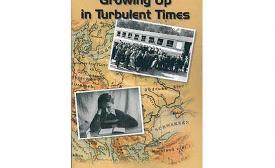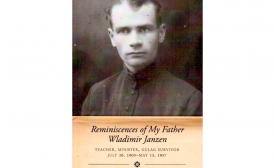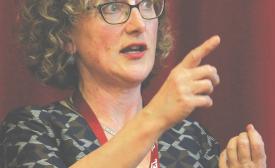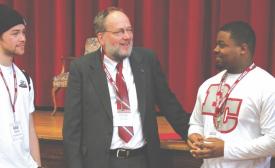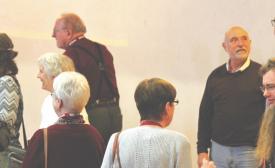Event explores Jews, Mennonites and the Holocaust
About 80 years ago, Jews and Mennonites lived peacefully together in the Ukrainian city of Khortitsa. Then the Nazis came, and everything changed.
In 1941, before the invasion, Khortitsa had about 2,000 Mennonites and 402 Jews out of a population of about 14,000. A year or so later, the Jews were all gone, killed by the Nazis.

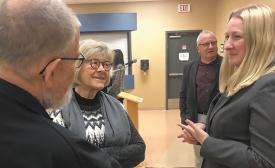


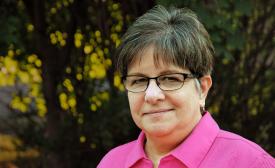
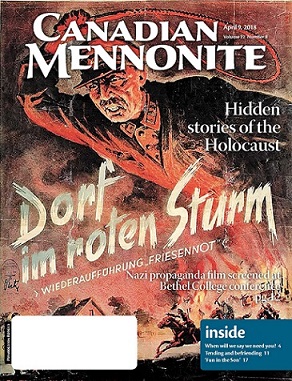 I don’t like the cover of today’s issue. I don’t want to see it lying on my coffee table. You probably don’t either. At the top, a large uniformed man wields a whip, as armed soldiers ride toward a house below. Red and yellow flames shoot up in the background.
I don’t like the cover of today’s issue. I don’t want to see it lying on my coffee table. You probably don’t either. At the top, a large uniformed man wields a whip, as armed soldiers ride toward a house below. Red and yellow flames shoot up in the background.